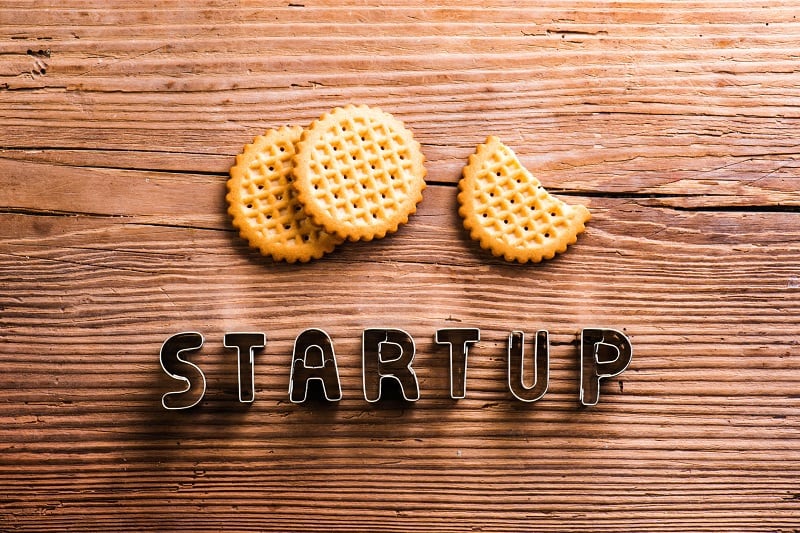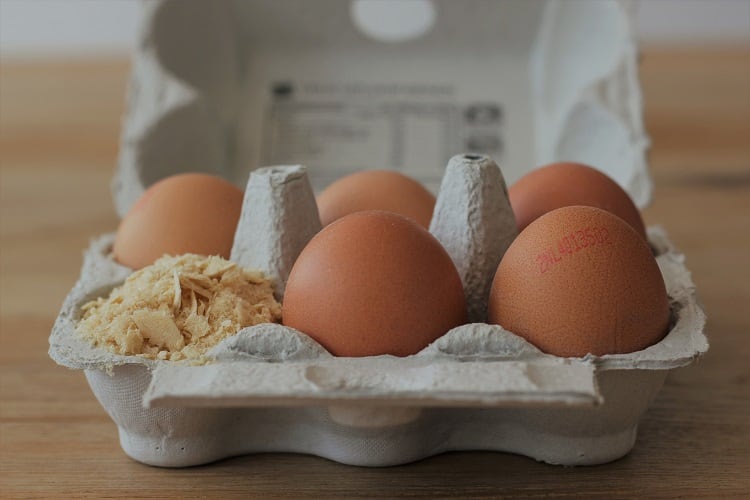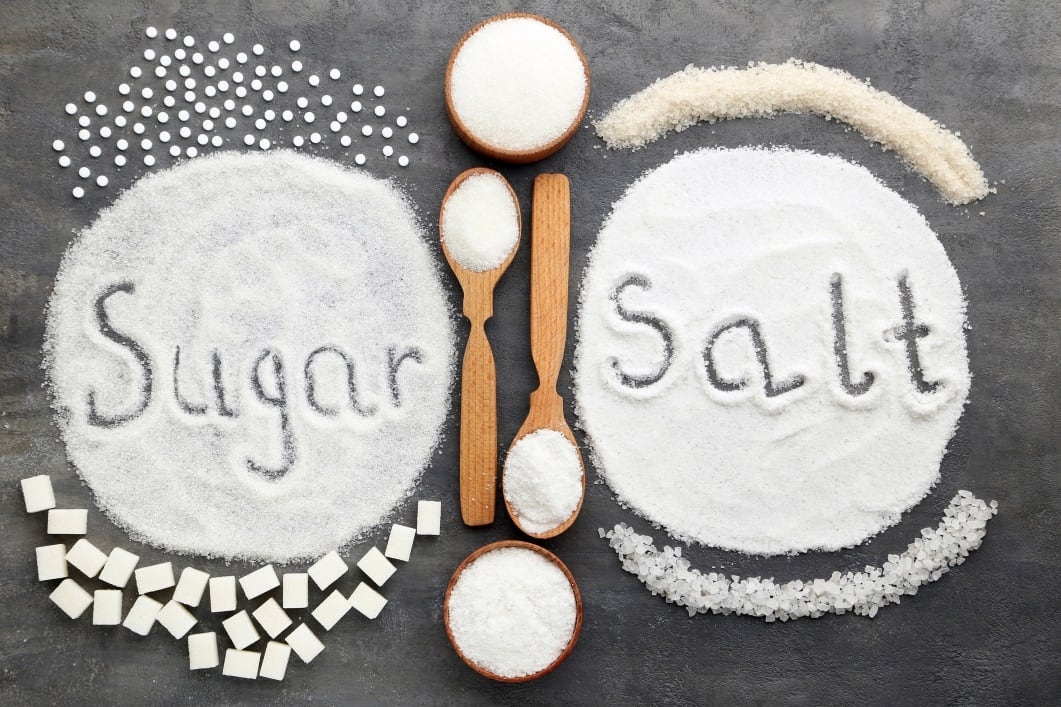Foreign investors have piled a record £5.5bn into British tech start-ups so far this year, according to official figures.
The UK tech sector has attracted more foreign investment in the first seven months of 2019 than it did during the whole of last year, said the government’s digital economy council. Investment in UK startups is reaching new heights, mainly driven by rounds above $100 million, while rounds below $100 million also continue growing.
Tessa Clarke, CEO and Co-founder of OLIO, the UK-based food sharing app founded in 2015, said the news augurs well for the food sector. “The modern food system is no longer fit for purpose - it’s unsustainable, generating a quarter of all carbon emissions, wasteful (one third of all food produced is thrown away), it’s inequitable (800 million people are hungry), and it’s unhealthy, contributing to the global obesity epidemic,” she told FoodNavigator. “UK entrepreneurs have quickly realised this and are rapidly innovating in order to both solve these problems and figure out how we can feed a global population of 10 billion people. With incubators, pitch days, meetups, co-working spaces and funds all focused on food tech, there’s no better place to be a food tech entrepreneur.”
UK tech smashes records in 2019
Between January and July this year, UK-based tech firms received $6.7bn in funding – with $3.7bn, or 55%, coming from US and Asian investors. One of the biggest drivers of 2019 investment includes London-born Deliveroo’s $575m Series G round led by Amazon and Fidelity. During the second quarter of 2019, investment in UK tech smashed previous records by more than one billion dollars, putting the sector on track for its best year to date.
The data suggest that Britain remains the most attractive country for overseas tech investors. While all of Europe is experiencing increased interest from US and Asian investors, the trend is the strongest in the UK. Since 2013, UK startups have raised more from US and Asian investors than most of Europe combined. As a result, the funding mix in the UK has dramatically shifted. By contrast, France’s funding mix has remained relatively stable.
The UK, added the report, has had a wider mix of investors, compared to Germany, Sweden and France which rely more on domestic and European funding.
Concerns about the effects of a no-deal Brexit appear to have not diminished investors’ enthusiasm for the host of unicorn firms (private companies worth more than $1bn) to have emerged in the UK recently.
Secretary of State for Digital, Culture, Media and Sport, Nicky Morgan, said: “These fantastic figures show the confidence overseas investors have in UK tech with investment flows from the US and Asia at an all-time high.
“We have a longstanding reputation for innovation and the statistics endorse our reputation as one of the best places in the world to start and grow a digital business.”
Since 2013, UK tech has attracted double the investment of Germany from US and Asian investors, and six times as much as France. The total amount of investment in the UK from these sources has surpassed $3.7bn in the first seven months of 2019.
With the exception of Germany, the surge in foreign investment from US and Asian investors is higher than the amount received by the whole of the rest of Europe combined. Since 2013, this takes the total amount of money put into the sector by US and Asian investors to $14.6bn compared to a respective $6.5bn and $2.5bn into Germany and France.
Weak pound boosts exports
Britain’s weaker pound in the wake of Brexit, meanwhile, has helped exports of red meat from the UK to enjoy a strong start to the year. Shipments surpassed 300,000 tonnes – up 13% on 2018 according to the latest HMRC figures, with more than £711 million worth of beef, lamb and pork products were shipped around the world in the first six months of the year.
This is a rise of eight per cent compared to last year, when red meat exports stood at £658m. Figures show exports of pork and pig meat products rose from 166,000 to 183,000 tonnes, worth £268m – an increase of 15%.





